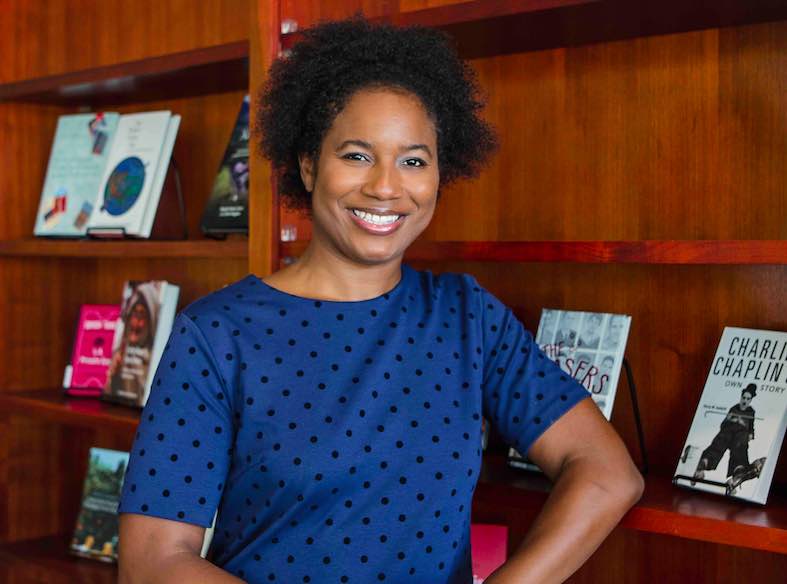
On the Job: Reflections from a Social Science Data Curator and GIS Librarian
Libraries are essential providers of data services to university communities. As Social Science Data Curator and GIS Librarian at the Washington University Libraries, I’m part of the Data Services unit—a team of four that provides support for users across campuses, schools, disciplines, and the wider university community. Our team currently focuses on six core services: data analysis, data curation, data literacy, data management, data visualization, and geographic information systems (GIS).
A foundational service
GIS is a foundational service in our program, and I dedicate a good deal of my time to it. Although I love working on GIS, I’m also excited to help develop and grow the other piece of my work, which includes data literacy, curation, and data management for social science researchers.

Data management is an in-demand skill for researchers who are doing funded research, but it is essential for any research project. Data literacy is shorthand for being able to find, evaluate, understand, and work with data throughout the research lifecycle, from the conception of a project to dataset reuse. Data curation is shorthand for all the actions that take place to make sure that data is findable, accessible, interoperable, and reusable in the long term, which facilitates building transparent research into the future.
My GIS-related work involves multiple aspects of service. I believe that the advantage of having GIS services within a library system is that the library can be a one-stop shop for software access, GIS data discovery, and GIS consultations.
My work with data literacy, data management, and the curation of social science data responds to the large volume of both qualitative and quantitative data used by social science researchers. Aspects of services can range from being generally interested in implementing best practices to better manage their research data (data dictionaries, naming conventions, database solutions, wrangling tools) or help writing a data management plan (I genuinely hope students develop a personal interest as a result!).
My team also offers data curation review and consultation services for users on campus and for our partners in the Data Curation Network, a consortium of universities that leverages subject and software expertise to curate datasets across institutions. What does that mean for Washington University faculty and students? If your dataset falls outside my expertise, I can leverage members of the Data Curation Network to review and improve your dataset for reuse and long-term preservation. I also do data cleaning and automation for faculty projects using a variety of tools (R, OpenRefine, ArcGIS).
Workshops and training
I spend a significant amount of my time providing training on various Data Services tools for the Washington University community. I’ve conducted training for small groups working on faculty projects and for classes at the university, when requested by instructors. I also conduct library workshops for the general community and provide one-on-one instruction. Examples of workshops that I have taught are Intro to QGIS, spatial applications using R, and a workshop on comparing R and Python. I have also taught in-class and library workshops on data literacy and creating and interpreting data visualizations.
In addition to training, I have to make sure that I stay current on updates to the data tools I teach by doing training of my own or self-study. The type of training that I do also involves learning pedagogy on how to effectively teach tech and data-related workshops. Two organizations that provide this kind of training are RStudio and Library Carpentry. I recently became a certified R Studio Tidyverse instructor and a Library Carpentry instructor.
Wearing many hats
With my colleagues, I work to improve data literacy for the campus community, which includes providing training sessions in the University Libraries’ research workshop series, by request to programs and classes, and to my fellow librarians. Wearing so many hats can be overwhelming at times, but the work is exciting because it never gets static.
Through my multiple roles at the University Libraries, I hope I am able to make the process of dealing with data less intimidating and more manageable for our users and to give them a sense of self-efficacy, so they can confidently tackle their data problems. Of course, if they need extra assistance, my colleagues and I in Data Services are here to help!
